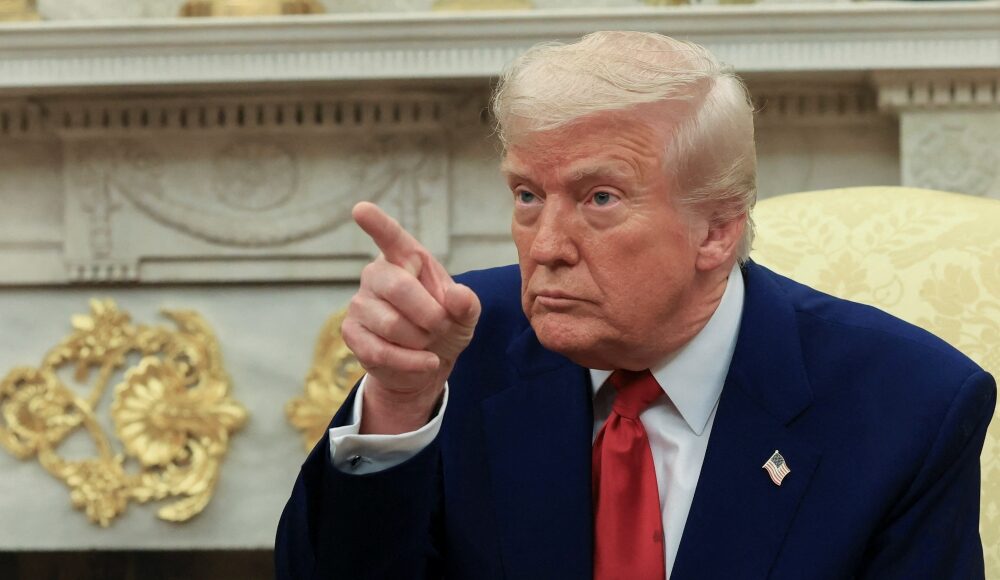APRIL 13 — When the Bandung Conference convened in Indonesia 70 years ago, Malaysia did not yet exist as we know it today.
In fact, it wasn’t even a country.
Before the British colony gained its independence in 1957, Malaya attended the conference as an observer, represented by Tunku Abdul Rahman, who later became Malaysia’s first Prime Minister. The anti-colonial spirit of Bandung galvanised Malaya’s independence movement: Tunku leveraged the platform to rally support from Asian and African nations, forging ties with India, Indonesia, and Egypt that supported Malaysia’s admission to the United Nations.
Bandung was a defiant moment not only for Malaysia: newly independent nations like India, Indonesia, Egypt, China, and Ghana stood united against Western exploitation, condemning forced resource extraction, unequal trade, and political domination.
Yet seven decades later, have we truly escaped colonialism?
In the 1950s, colonisers imposed export taxes on the colonies, granted trade monopolies to European companies, and suppressed local industries to prevent competition, while flooding colonies with expensive manufactured goods.
Replace a few words, and this becomes the portrayal of 2025.
Where European empires once ruled, we now face economic domination by a single superpower: the United States. As the world’s largest consumer market, the US wields tariffs like a weapon — suppressing foreign industries under the guise of “domestic revival”. Washington’s demands — that Europe buy more US gas, that Australia and the UK lift beef restrictions, that Argentina accept live cattle exports — echo colonial-era diktats. The methods are subtler, but the goal is identical: control over weaker nations’ economies. The colonisation in the 21st-century needs no armies but just economic strangulation.
And the world’s superpower reiterates: Do NOT retaliate.
As the world’s largest consumer market, the US wields tariffs like a weapon. — Reuters pic
The Bandung Conference had foreseen all of this. Leaders from the 29 participating countries warned against “neo-colonialism”, where foreign powers control nations through economics instead of direct rule. Today, we’re living their prophecy. Smaller nations face a choice between bowing to American economic pressure or face painful isolation. While many of their people are frustrated with the governments for their timid responses, the math is brutal — when the world’s largest economy decides to play bully, what real options do smaller countries have? In a trade war with the US, most nations simply don’t have enough economic weight to fight back alone.
But just like the surprising resemblance that 2025 shares with 1955, Bandung’s solutions from seven decades ago might be exactly what we need today.
The Bandung Conference marked a pivotal moment of the Cold War era, when newly independent nations came together to build economic and cultural cooperation while standing united against colonialism. This gathering of Asian and African nations — representing the emerging ‘Global South’ — challenged Western domination at a time when the US and Western Europe controlled nearly two-thirds of the global economy.
Yet today, the US represents for just a quarter of global GDP — while the rest of the world, united through groups like Brics+, Asean, the African Union, and the EU, holds the remaining 75 per cent.
Globalisation may have been championed by the US, but it doesn’t have to die with American leadership. The Bandung spirit — that same defiant solidarity against coercion — lights the way forward. When nations stand together, they can resist today’s economic bullying, just as their predecessors threw off colonial rule.
The real test is whether the world’s 75 per cent will finally find the courage to act like it.
* This is the personal opinion of the writers or publication and does not necessarily represent the views of Malay Mail.





